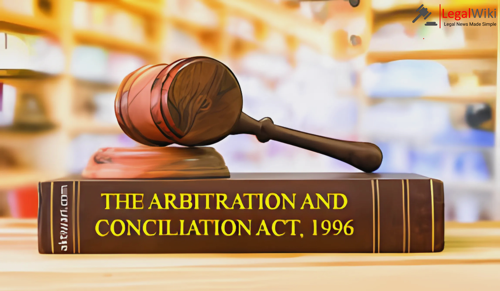
Centre to Launch Arbitration Portal for Monitoring Government Disputes
The Central government is set to launch a digital Arbitration Portal, similar to the National Judicial Data Grid (NJDG) for courts, to track all arbitration matters involving its departments and agencies.
Each case will be assigned a unique ID, and departments must upload key details, including disputed amounts.
The initiative aims to reduce litigation and promote institutional arbitration over ad-hoc mechanisms. Senior officials are required to regularly review pending cases. Contracts will include arbitration clauses on a case-by-case basis, and arbitral awards will not serve as precedents.
Disputes below ₹10 crore will be reviewed before litigation, based on sensitivity and public interest.
9 hours ago
UjjwalBookmark
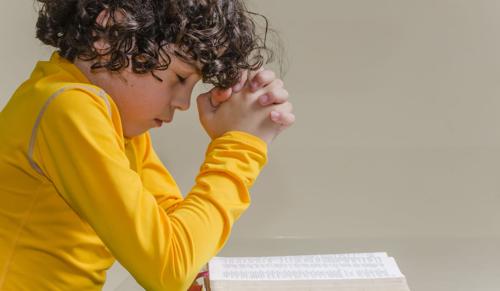
Children Raised Without Religion or Caste Are the Promise of Tomorrow: Kerala High Court
Speaking at a Kerala Yukthivadi Sangham event in Thrissur, Justice V.G. Arun of the Kerala High Court commended parents who raise their children without caste or religious labels.
Remembering rationalist writers Pavanan and Vaisakhan, he said such children represent “the promise of tomorrow” and are more likely to question outdated societal norms.
Justice Arun also recalled his father’s admiration for the two writers and acknowledged their impact on his worldview.
Expressing concern over declining public discourse, he criticised rising vulgarity in Malayalam, attributing it to the influence of abusive “social media warriors.”
SrushtiBookmark
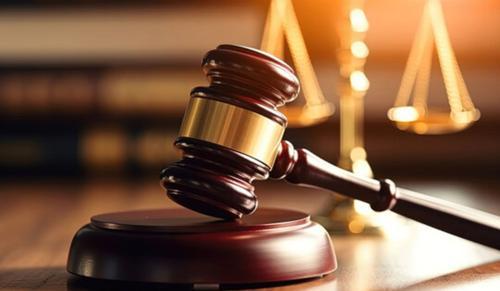
No Plans to Introduce ₹50 Coin, Centre Tells Delhi High Court
The Central government informed the Delhi High Court that there is currently no proposal to introduce a ₹50 coin, citing public preference for notes over coins in similar denominations.
The response came in response to a plea raising accessibility issues faced by visually impaired persons with ₹50 notes.
Referring to a 2022 RBI survey, the Centre noted coins are unpopular due to their weight and uniformity in size. It added that intaglio printing on lower denomination notes wears out easily.
Instead, the RBI launched the MANI app in 2020 to help visually impaired users identify note denominations.
UjjwalBookmark

CJAR Slams Centre for Selectively Stalling High Court Judge Appointments
The Campaign for Judicial Accountability and Reforms (CJAR) has criticised the Centre for delaying the appointments of advocates Swetasree Majumdar and Rajesh Datar as High Court judges, despite recommendations by the Supreme Court Collegium.
Both withdrew consent after the government “segregated” and withheld their names, treating them differently from others appointed promptly.
CJAR termed the action “unconstitutional and illegal,” claiming it violated Supreme Court rulings in the Second and Third Judges Cases. A related writ petition for timely judicial appointments has been pending since 2018.
CJAR urged the Supreme Court to act and protect judicial independence from executive interference.
PrakshaalBookmark
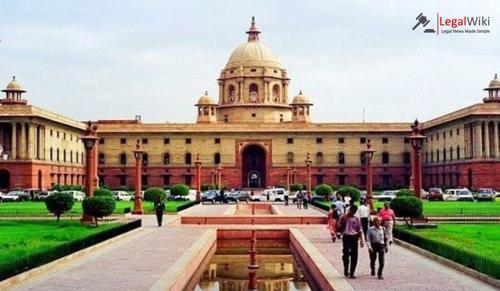
Allahabad HC Clarifies Litigants Can't Be Charged Over ₹125 for Photo ID; Bar Must Exclude Welfare Charge
- Case Name: High Court Bar Association, Allahabad v. State of UP
The Lucknow Bench of the Allahabad High Court has ruled that litigants cannot be charged more than ₹125 for photo identification on affidavits, as per an Office Memorandum dated November 22, 2024.
The Court found that both the Allahabad and the Oudh Bar Association (Lucknow) were improperly bundling this with a ₹475 “Advocate Welfare Fund” in single receipts.
The Court directed both associations to issue revised receipts within 15 days, explicitly charging only ₹125 and warned against compulsory welfare contributions and clarifying that only the actual cost of affixing a photo and ID number may be recovered.
The Registry was also permitted to highlight affidavit defects under the proper rules.
a day ago
SrushtiBookmark

Thailand Withdraws Casino Legalisation Bill Amid Political Uncertainty
Thailand’s Cabinet has withdrawn a bill to legalise casinos, following the suspension of Prime Minister Srettha Thavisin over an ongoing ethics probe.
Deputy Finance Minister Julapun Amornvivat clarified that the decision was a temporary delay, not a cancellation, citing political instability and an upcoming Cabinet reshuffle.
The proposed legislation aimed to permit casinos within integrated entertainment complexes, including hotels, malls, convention centres, and theme parks.
The bill had sparked public debate and controversy, with concerns about social impact clashing with potential economic benefits. The government plans to revisit the proposal when the political environment is more stable.
UjjwalBookmark
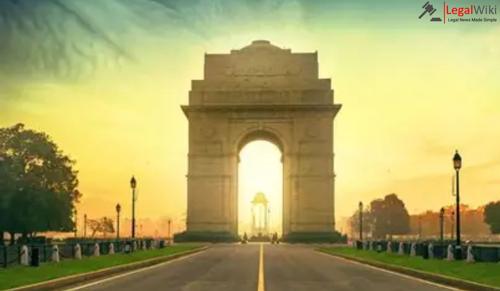
No More Picnics at India Gate Now as New Rules Ban Food, Bags & Pets
The Central Public Works Department (CPWD) has implemented new heritage and safety rules at Delhi’s India Gate, banning picnic essentials, food, bags, bed sheets and pets from the monument grounds.
Officials explained the move aims to preserve the freshly restored lawns and prevent damage from picnicking, littering, and prolonged stays that were harming the site’s aesthetics.
The lack of locker facilities at India Gate has inconvenienced many families, forcing them to split up, one member staying back to guard belongings while others visit.
Authorities are now exploring the installation of lockers and may soon impose restrictions on video recording to further protect the monument. Tourists and locals are visibly upset.
PrakshaalBookmark
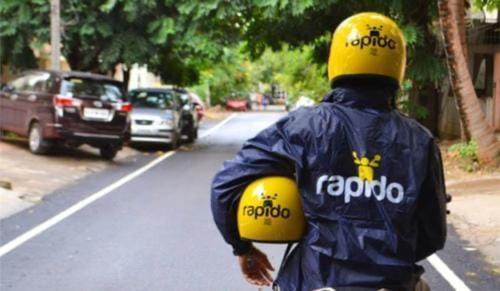
Maharashtra Notifies Bike-Taxi Rules, 2025 to Regulate Electric Two-Wheeler Services
The Maharashtra government has notified the Bike-Taxi Rules, 2025, legalising app-based electric bike-taxi operations across the state. The rules were issued shortly after Transport Minister Pratap Sarnaik personally confronted an unlicensed bike-taxi operator near Mantralaya.
Under the new rules, aggregators must maintain a minimum fleet of 50 electric bikes, hold a valid licence, and ensure accident insurance, fare regulation, and emergency helplines. Drivers must be aged 20–50, possess a commercial licence with a PSV badge, and undergo police verification.
Licensing applications are expected shortly, and operations may begin by end of July following compliance checks.
SrushtiBookmark
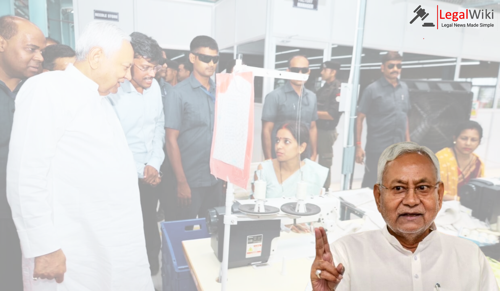
Bihar Govt Approves 35% Jobs Quota for Domicile Women, Sets Up Youth Commission
The Bihar Cabinet has approved a key decision to make domicile mandatory for women to benefit from the 35% reservation in state government jobs. Now, only women who are natives of Bihar can avail of the quota.
Those from other states will be treated under the general category. This is the first time a domicile rule has been applied to women's reservations in Bihar.
Additionally, the cabinet cleared the creation of a Bihar Youth Commission to support skill development, employment, and welfare of the state's youth. The commission will include a chairman, two vice presidents, and seven members under the age of 45.
UjjwalBookmark
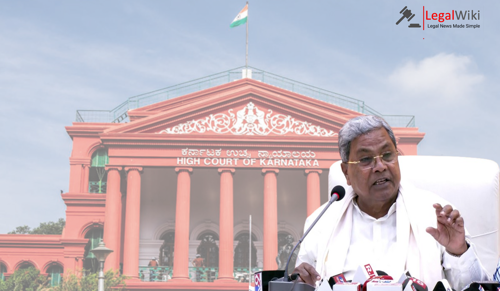
Karnataka's Proposed Fake News Bill Faces Backlash Over Censorship Concerns
The Karnataka government’s Misinformation and Fake News (Prohibition) Bill, 2025, has triggered widespread criticism for enabling censorship and imposing severe penalties.
The Bill proposes up to seven years’ imprisonment for vaguely defined offences such as “anti-feminism” and “disrespect of Sanatan symbols.”
Legal experts say it echoes colonial-era laws like the Rowlatt Act and lacks judicial safeguards, allowing the state unchecked power to determine and punish “fake news.”
Critics argue it poses a serious threat to free speech, dissent, and press freedom, and could embolden vigilante action and arbitrary enforcement.
UjjwalBookmark

Maharashtra Introduces GST (Amendment) Bill, 2025 to Align with Centre's Finance Act, 2025
The Maharashtra government has introduced the GST (Amendment) Bill, 2025, in the Assembly, aiming to align state laws with the Finance Act, 2025, and recent amendments to the Central GST Act.
The bill proposes 13 key amendments to the Maharashtra GST Act, 2017, focusing on ease of compliance, transparency, and uniformity.
Notable amendments include lowering the pre-deposit for appeals to 10%, inserting penalty provisions under Section 122B, and clarifying SEZ/FTWZ supply provisions retrospectively from July 1, 2017.
The bill strengthens the Track and Trace Mechanism and simplifies appeals and input service distribution for businesses across Maharashtra.
AsleshaBookmark
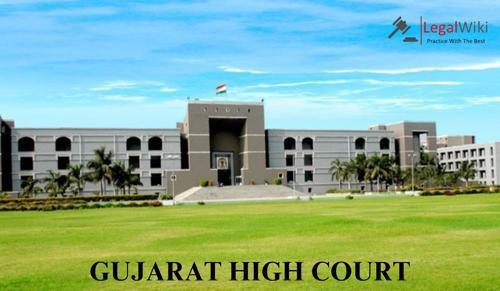
Gujarat High Court to Hear Decade‑Old Criminal Appeals on Working Saturdays
The Gujarat High Court will constitute special Saturday sittings from July to October 2025 to expedite criminal appeal hearings pending for over 10 years, especially in cases involving long‑detained convicts.
A total of 12 benches (9 Division and 3 Single‑Judge) will hear “targeted matters” on working Saturdays, with cause lists issued one day in advance.
These sessions began July 5, addressing 5,627 pending appeals—323 dating back over 25 years. Meanwhile, the 100 oldest criminal cases will continue to be heard every Wednesday under the “Wednesday Weekly List.”
Notices were sent to the State, and the first sessions commenced with active judicial participation.
Read Notification / 3 days ago
KhushbooBookmark
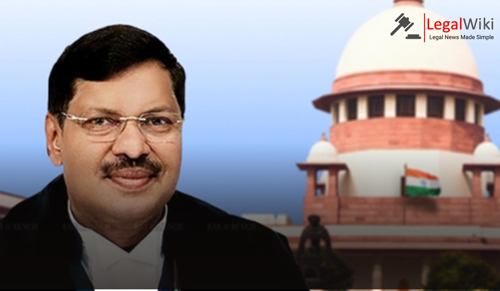
CJI Gavai Launches Live Streaming at Bombay High Court, Free Wi‑Fi Also Launched
On July 5, 2025, Chief Justice of India B.R. Gavai inaugurated live‑streaming of Bombay High Court proceedings, effective from July 7.
Initially, the hearings before five benches, including those of Chief Justice Alok Aradhe & Justice Sandeep Marne, and Justices Revati Mohite‑Dere & Neela Gokhale, will be broadcast live on YouTube.
The move aims to promote transparency and public access to court proceedings. A comprehensive rulebook restricts recording, except for news dissemination, training, and academic purposes, and exempts sensitive matters like matrimonial and POCSO cases.
Alongside the streaming launch, free Wi‑Fi and internet services were inaugurated to benefit lawyers, litigants, staff, and the media.
UjjwalBookmark
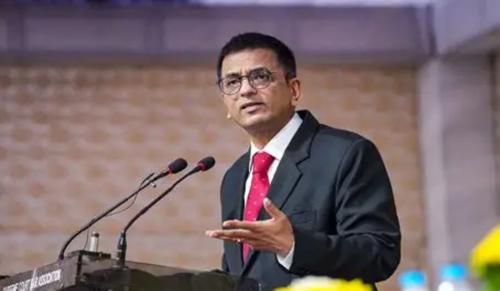
Retired CJI Chandrachud Asked to Vacate Bungalow After Official Stay Period Ends
The Supreme Court administration has formally requested the Ministry of Housing and Urban Affairs to reclaim Bungalow No. 5, Krishna Menon Marg, the designated residence for the sitting CJI, formerly occupied by Retired CJI D.Y. Chandrachud.
The request follows Rule 3B of the Supreme Court Judges (Amendment) Rules, 2022, which allows only a 6‑month stay post‑retirement in a lower-tier Type VII bungalow. Chandrachud’s extended occupation, under a special extension, expired on May 31, 2025.
He acknowledged the delay, citing the need to accommodate two daughters with special needs and home renovation issues. He assured the Court he will vacate the premises within a few days.
PrakshaalBookmark
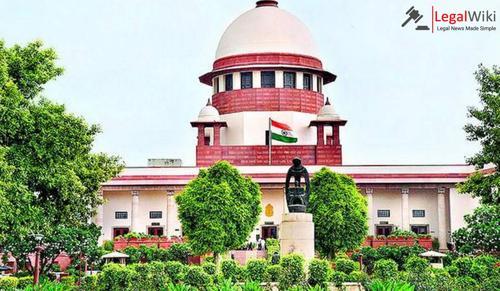
After SC/ST Quotas, Supreme Court Introduces OBC Reservations in Staff Appointments for First Time
The Supreme Court of India has introduced reservations for Other Backwards Classes (OBCs) in staff recruitment for the first time.
This move comes shortly after similar quotas were extended to Scheduled Castes (SCs) and Scheduled Tribes (STs).
Through a notification dated July 3, 2025, the Chief Justice of India amended the Supreme Court Officers and Servants (Conditions of Service and Conduct) Rules, 1961, substituting Rule 4A.
The revised rule mandates reservations in direct recruitment for SCs, STs, OBCs, physically challenged persons, ex-servicemen, and dependents of freedom fighters, aligning with Government of India policies under Article 146(2) of the Constitution.
5 days ago
SakshmitBookmark
